
Whether they’re the morning sparrow or the common pigeons that flock in the courtyard, birds have always held a spot of fascination, love and adoration in our live. Unfortunately, many birds are either endangered or protected due to climate change, deforestation, habitat loss or illegal pet trade, and other life-threatening conditions.
National Birds day is celebrated on 5th January every year. The theme for this year 2024 is “Honouring our Flying Companion” to promote awareness of the value of birds to our ecosystem. It also inspires us to value and safeguard all of our feathered companions which link to the past, being the closest-related animals to our evolution. They’re often keystone species in the ecosystems, signifier of its health and vitality.
This day also appreciate the great things that the birds do the adversity they face and how we can initiate the change needed to create a healthier and more sustainable environment. It also remind to educate the destructive tendencies of the bird trade, improving bird breeding facilities and ideas for helping and improving their lives that are already living in captivity.
With the temperature dipping gradually, more and more of our visiting guests start to land to our state. It’s a pride and pleasant to see these singing friends, chirping among themselves with unfailingly kind and considerate.
Birds are a group of warm-blooded vertebrate-Ave, characterized by feathers, toothless beaked jaws, the laying of hard-shelled eggs, a high metabolic rate, a four-chambered heart, and a strong yet lightweight skeleton.
Throughout the years, birds take flight from tree to tree and place to place flapping their wings and singing the beautiful songs. They are a valuable part of nature’s ecosystem. While birds are amazing, they’re also a massive animal group under particular threat.
Birds are sentinel breeds whose plight serves as the barometers of our planet’s ecosystem and alert system for detecting global environmental health. The world is filled with a plethora of different species of birds. All birds have distinctive characteristics, behaviors and contributions.
Birds are one of the most magnificent living things we have on the planet. They significantly aid in seed dissemination, boost forest health, lower rodent and insect populations and preserve biodiversity. Wading birds are crucial for the control of wetland feeding species. Birds teach us a lot of lessons on environment and mother nature.
The beauty, songs and flight of birds have long been sources of human inspiration. Birds are exploited in a number of ways with little thought about their welfare. They are used in research, but are not covered by the Animal Welfare Act as other animals and they are killed for food, yet most of them are not included under the Wildlife Protection Acts, 1972.
Additionally, each year, millions of birds are captured in the wild or bred in captivity for commercial profit, use as pets and entertainment, leaving these animals to languish in misery. Replacing the demand for birds as pets with conservative thought will reduce the inherent for captive birds and increase our efforts on ecotourism and people will know, birds are more beautiful in nature.
Birds bear witness to the triple planetary crisis of climate change, biodiversity loss and pollution. Making progress on reigning in climate change and ending biodiversity loss is critical to the survival of these winged animals. Climate change is adding additional pressure by adversely affecting habitats for breeding, resting and refueling along the way. The changing climate is impacting the annual cycles, the timing of migration and reproduction and causing mismatches in food availability. Birds over the world are again threatened from poisoning, pollution and collision with man-made objects, such as glass-covered buildings and high power towers and lines.
According to the ICUN, out of the 11000 bird species so far identified, almost 900 of them are on the verge of extinction and 4 have been ruled as extinct in the wild. Among the biodiversity richness of Manipur, the state owned 607 avian fauna species which is 40.61% of the country.
The bird knows no political boundaries and therefore, we should not put the birds into our human crisis. Please think that birds can live without us but we can’t live without them. Thus, if we don’t care today, a day may come even in our lifetime that our beautiful feathered friends may be wiped out from this world and our future generation may just see them on paper as a part of our human history.
N. Munal Meitei, Environmentalist
nmunall@yahoo.in

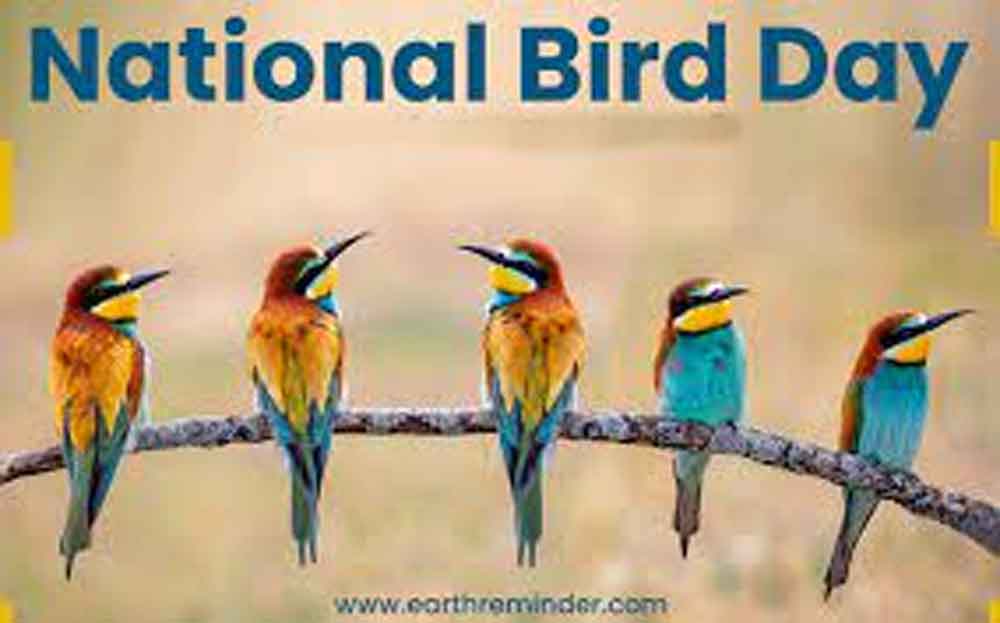

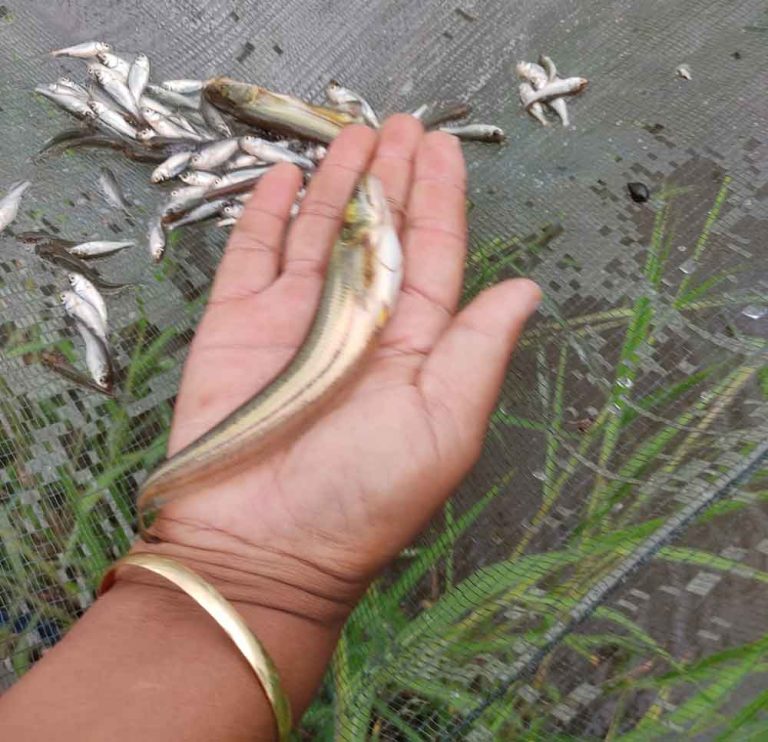
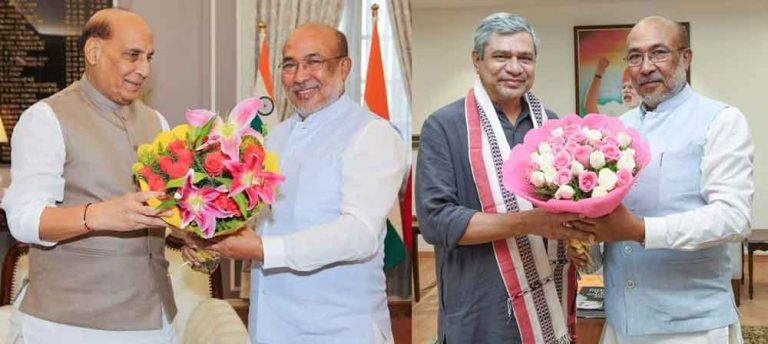

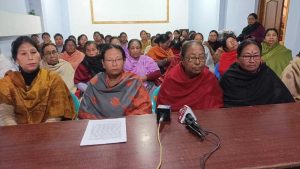
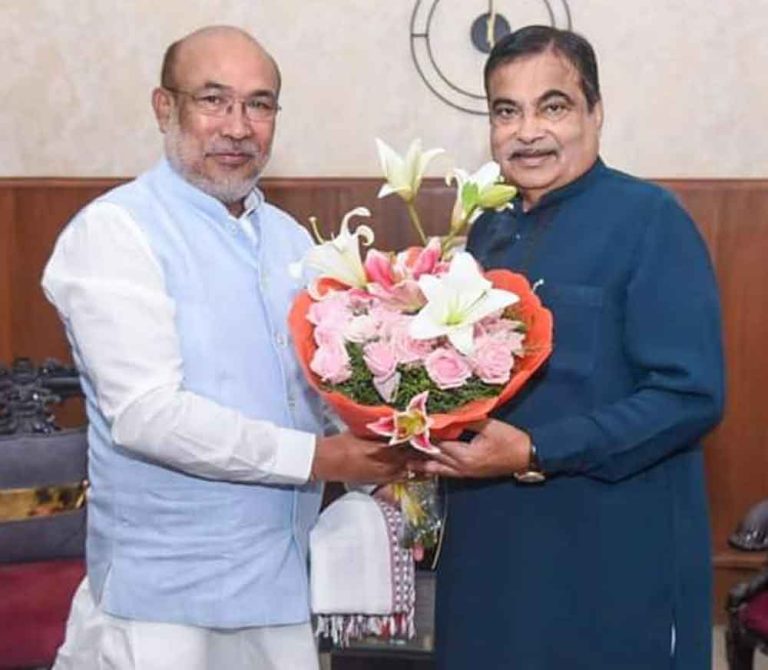
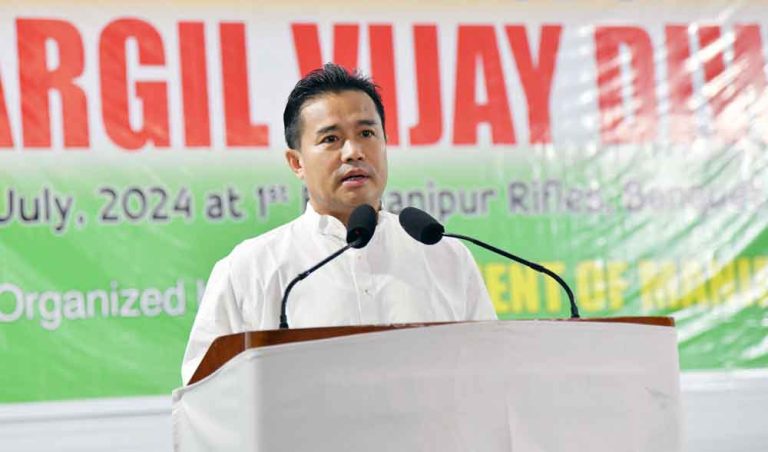
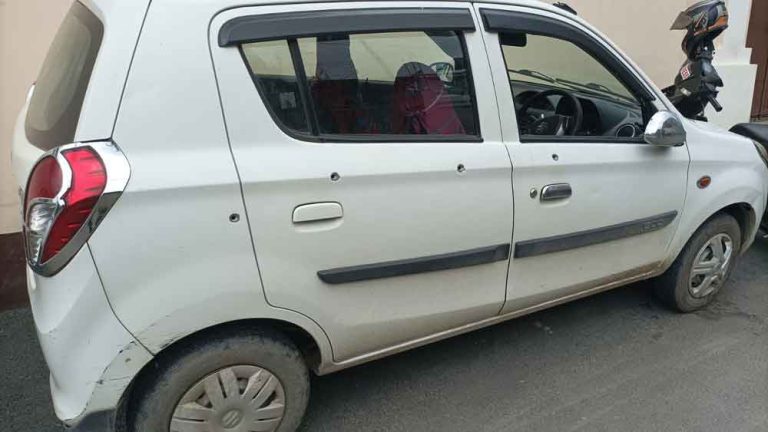


+ There are no comments
Add yours